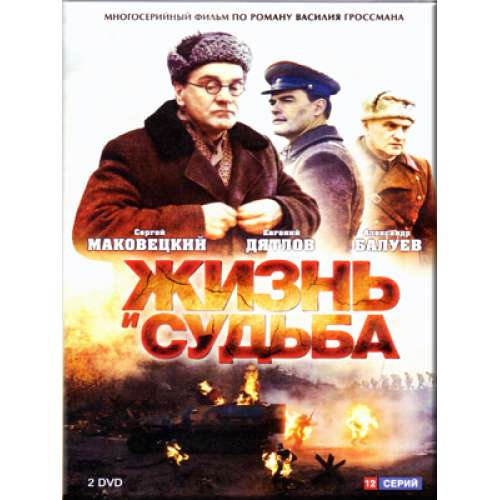

‘How can we help to prepare such a horror?’Ĭhernetsov shrugged his shoulders.

‘But how can people carry on working?’ asked Ikonnikov. He probably felt proud to be seen like this by the Italians, Norwegians, Spanish and English – and, above all, by the Russian prisoners-of-war. Mostovskoy thought Chernetsov must be wondering whether the men coming in from work had noticed how straightforwardly and naturally he was talking to an Old Bolshevik. ‘Yes,’ said Chernetsov, ‘there were rumours about that when we were laying the railway-tracks.’ ‘Do you know what I’ve just heard? The foundations we’ve been digging are for gas ovens. But why’ve you decided to leave us so suddenly?’ He held out some dirty sheets of paper covered in writing and said: ‘Have a look through this. Ikonnikov’s hands and face were smeared with clay. Russian soldiers and inmates at Treblinka. Ikonnikov is a former Tolstoyan Gardi is an Italian priest (and a “Vernichtungslager” is a German extermination camp):

The characters: Mikhail Sidorovich Mostovskoy is an Old Bolshevik, often in fierce argument with Chernetsov, a former Menshevik. Here’s an moving excerpt, from a conversation in a German concentration camp. The author had witnessed the Battle of Stalingrad as a war correspondent, and provided the first eyewitness accounts of an extermination camp, from Treblinka. It made a five-hour delay at the Denver Airport bearable, certainly by comparison with the circumstances writer and journalist Grossman describes. As Book Haven readers know, I’ve been ploughing through the 880-page epic tale of World War II, which eloquently, powerfully, unforgettably describes the dark forces that shaped the 20th century (more here and here).

Vasily Grossman‘s Life and Fate (New York Review Books Classics) was deemed so dangerous in the Soviet Union that not only was the manuscript confiscated – the typewriter ribbons used to type it were taken as well. War correspondent Vasily Grossman with the Red Army in Germany.


 0 kommentar(er)
0 kommentar(er)
